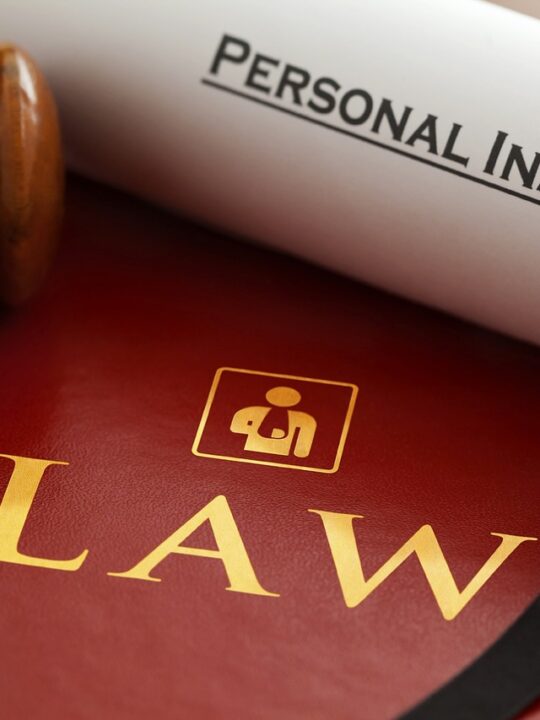dishonesty among employees can have a significant negative impact on your business. It can reduce employee morale, productivity, and quality of service. It can also hurt your customer relationships and reputation.
Background checks help ensure that your hiring people are honest, trustworthy, and qualified. The following are some critical elements that make up a background check and things to consider when hiring the right people.

Table of Contents
Background Checks Are Important for Everyone
Your employees represent your business to customers, so ensuring they are safe and reliable is essential for your company’s reputation. That’s why background checks are an important part of the hiring process, especially for candidates in safety-sensitive roles such as security and financial positions.
Background checks can help you identify red flags that could indicate a high risk for criminal misconduct. They can also verify the authenticity of documents such as college diplomas, job applications, and resumes.
Completing a credit check can help avoid hiring employees with bad habits, such as not paying bills on time. Motor vehicle records can also be helpful for jobs that require driving as part of the role – and they can flag candidates with poor driving histories that may pose risks to others on the road. Background screening services also provide rescreening options for current employees, so you can keep up with changing laws and best practices.
Criminal Record Checks are Part of The Process
The most comprehensive background checks and criminal record searches uncover a candidate’s county and federal criminal records, sex offender registries, terrorist watch lists, and other national databases. This level of investigation typically includes assessing whether a candidate is on INTERPOL’s Most Wanted list or the EU terrorist list.
A background check service also typically conducts county and state civil searches to reveal outstanding lawsuits or restraining orders. It may also search for tax liens, judgments, and bankruptcies to assess financial stability.
To comply with the EEOC and FCRA laws, companies must obtain the applicant’s consent before conducting any of these searches. They must also inform the applicant of their rights and the scope of the investigation. Generally, searches are tailored to each position, with more in-depth checks conducted for candidates needing security clearance or handling sensitive information. This helps to ensure a compliant and fair hiring process, which protects business owners from negligent hiring claims.
Credit Checks Help Evaluate Financial Solvency
Unfortunately, high staff turnover can be costly for a business. It can cost time, effort, and money invested in recruiting and training new employees and the potential loss of business due to a lack of productivity.
A background check service can avoid such costly mistakes by ensuring that candidates are suitable for the roles they apply for. This is particularly important for roles that involve working with children or vulnerable adults and in financial or legal positions where individuals may have access to confidential data or personal information.
A credit search is recommended for these roles as part of the background screening process. This can reveal a candidate’s track record of financial responsibility, including late payment habits or excessive debt levels that could indicate they are prone to fraud or theft in their role at your company. This is also a vital component of the checks required for jobs that require security clearances.
Motor Vehicle Records Checks if People are Driving
If you employ truck drivers, taxi drivers, or other workers who will be behind the wheel on behalf of your business, you must carefully consider their driving history before hiring. Using an MVR check (motor vehicle record) to verify a candidate’s license status, class, and endorsements can help you determine if they have the necessary skills to perform their job duties safely.
MVR checks also reveal if a candidate has had a DUI conviction, at-fault accidents, or other serious violations that could impact their on-the-road behavior and your business’s safety. Depending on your industry and state, you may also need to check whether an applicant’s CDL is valid or has been suspended or revoked.
MVR checks are considered consumer reports and are regulated by the Fair Credit Reporting Act and Driver’s Privacy Protection Act, in addition to any industry-specific requirements set by the Department of Transportation or the Equal Employment Opportunity Commission. Your background check service can advise you on these laws and ensure your MVR searches are conducted in compliance with them.







